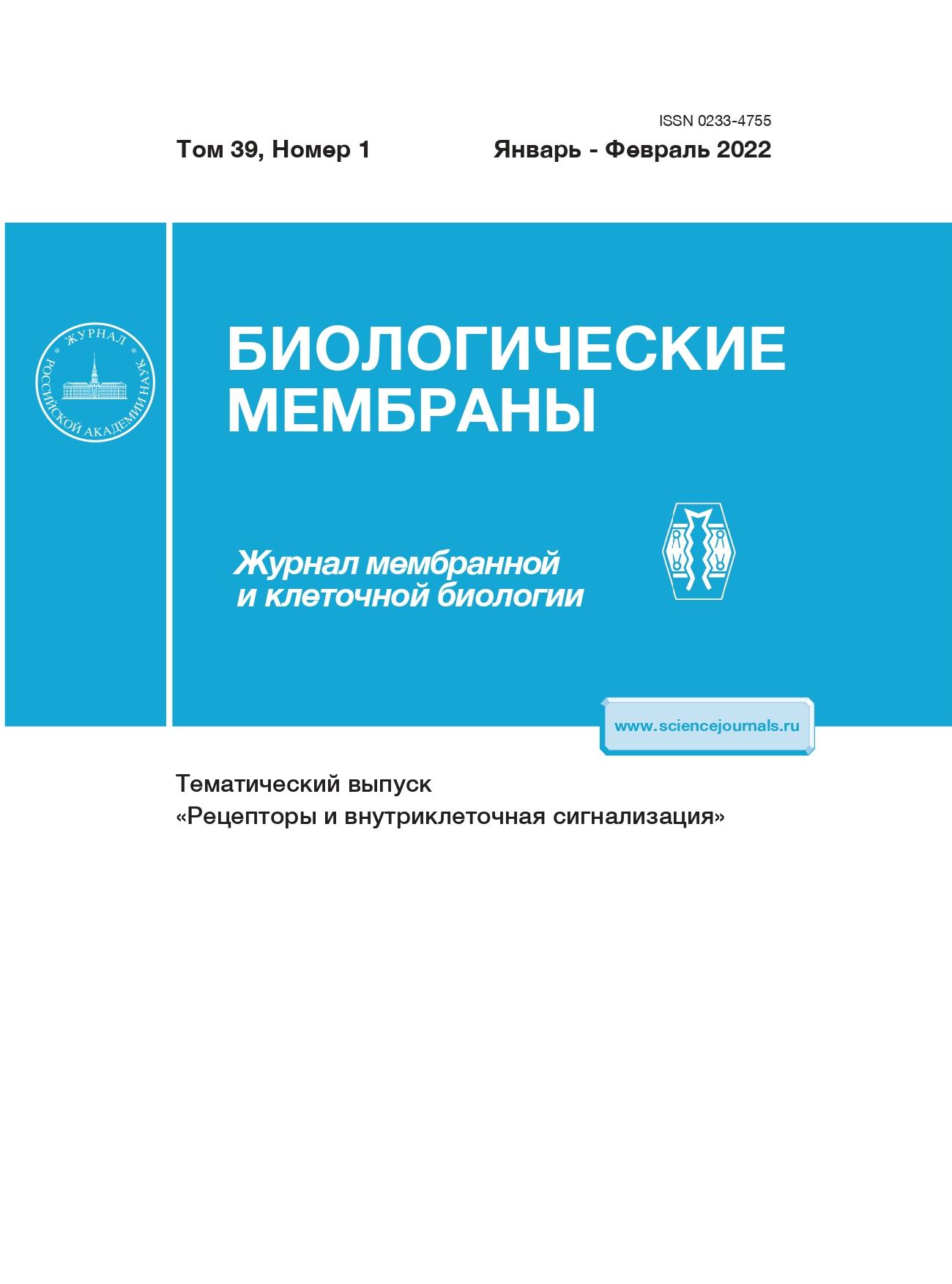
BIOLOGICHESKIE MEMBRANY
Journal of Membrane and Cell Biology

Journal of Membrane and Cell Biology
Z. G. Denieva, O. O. Koloskova, Yu. L. Sebyakin
Biochemistry (Moscow), Supplement Series A: Membrane and Cell Biology. 2023;17(2):136-147
Pages: 136-147
Methyltriclosan (MTCS), a persistent environmental metabolite of the common antimicrobial agent Triclosan, is a compound of growing toxicological concern. This study investigates the direct effects of MTCS on fundamental cellular structures, specifically the functioning of isolated rat liver mitochondria and the permeability of liposomal membranes. Our objective was to elucidate the molecular mechanisms underlying MTCS's cellular toxicity, focusing on bioenergetic and membrane integrity endpoints. Using isolated rat liver mitochondria, we found that MTCS acts as an uncoupler, significantly decreasing the mitochondrial membrane potential and stimulating the rate of oxygen consumption, indicative of impaired oxidative phosphorylation. Furthermore, MTCS was shown to induce the production of reactive oxygen species (ROS) and trigger the mitochondrial permeability transition pore, leading to mitochondrial swelling. In parallel, experiments with liposomal membranes demonstrated that MTCS directly increases membrane permeability in a concentration-dependent manner, suggesting a direct interaction with the lipid bilayer. These findings collectively indicate that MTCS exerts its toxic effects by disrupting the inner mitochondrial membrane's integrity and function, as well as compromising general cellular membrane barriers. This mechanistic insight is crucial for understanding the environmental and health risks associated with MTCS exposure.